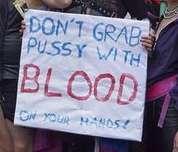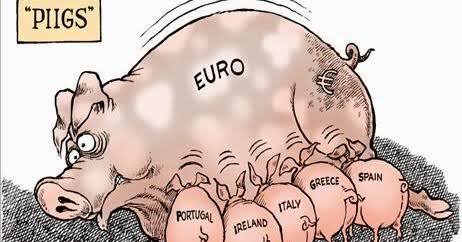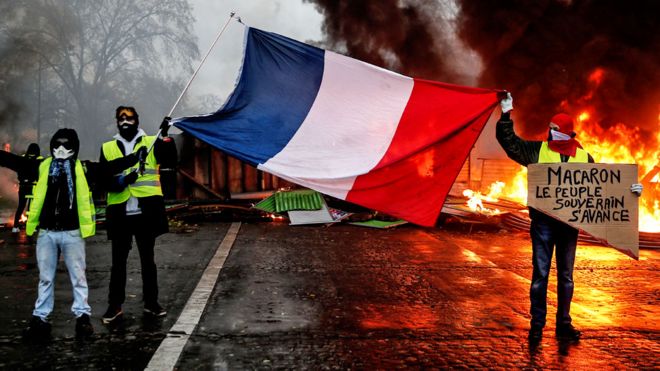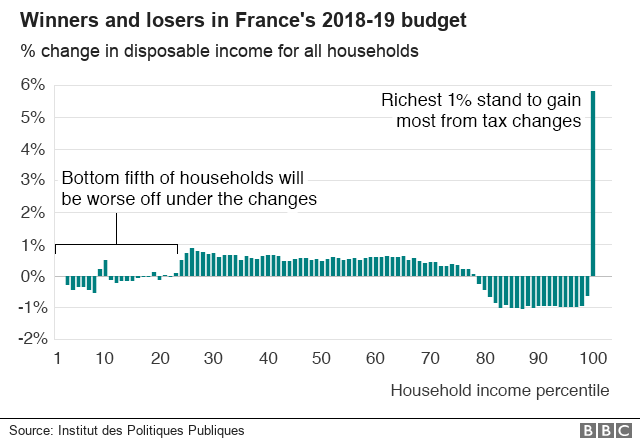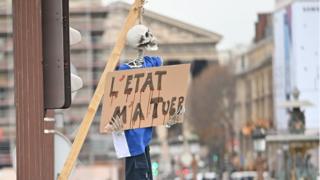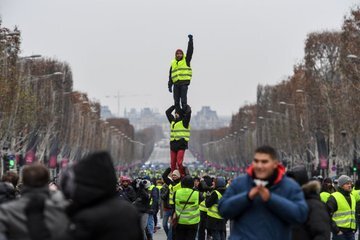Area201
cold fusion
Awesome, I have some friends in Augustow I have not talked to in a couple years...It would be great to get some feedback from the locals, hope you can post a follow-up here...
...
Back from PL.
Poland 2018 is more modern than a lot of places in the U.S as they are building from scratch a lot of the buildings and infrastructure.
Lot of my family members have established businesses and very successful with new cars (newest BMWs, Mercedes, etc), apartments and traveling all over Europe - minus USA because of stupid Visa requirements. One owns a chain of supermarkets (about 10), another logging company (10 trucks each worth $150k), and real estate agency. There was an open market with few competitors in 1990s and those bold were able to establish successful businesses once the Russian mafia got kicked out and taken care of in the transition period before entering EU.
I attended a wedding which was awesome with a fireworks display over the city. I was all over Gdansk/Sopot/Gdynia, followed by Golub-Dobrzyn (visited a castle), and Warsaw. Spent last day drinking a large cold beer on banks of the Vistula, cheap and beautiful after checking out the Copernicus Science center.
I easily see myself buying a residence there. I love the culture and often wonder how my life would turn out if we never had to move to the U.S. which I found very difficult. Everyone is my family minus one cousin is married or has a family. The cities are beautiful, the women are beautiful, it's clean. The city I am from and the area we lived is so cool and perfect mix of historical and modern. As for diversity, there is lacking - I saw maybe 5-10 non-whites my entire time there. The language is very difficult as the grammar is unnecessarily complicated and needlessly complex. I believe Czech is the dumbed down version of Polish.
Most of my older family favor the conservative and younger the liberal, naturally. I like a moderate party the most called Civic Platform originally led by Donald Tusk, now head of the EU. He's from my hometown of Gdansk. They are somewhat baffled how Americans vote against Trump by 3 million votes yet he still 'won'.
Politically there is a similar divide as here - between more nationalistic oriented/conservative to more global/liberal or moderate. There's this short guy Kaczynski that is all alleged anti communist/pro nationalist/patriotic etc, but when we check the facts he was not part of the Solidarity movement which helped move Poland forward beyond communist rule. They are very hypocritical and use the Polish flag/patriotism to gain votes, very common tactic and successful. Donald Tusk is the one who helped rebuild Poland to it's current state from help from the EU. They voted a second term on his position at EU and everyone approved, only one vote was against him - from Poland!! led by Kaczynski (who dictates politics behind the scenes and currently President Duda - his protege) who I consider backwards persons stuck in the past and total hypocrites who sat home when times were tough.
His party PiS is trying to alter the Constitutional rules on Supreme justices. Protesters put shirts with CONSTITUTION written on them over prominent monuments in center of cities.

Cousins I mentioned the subject, were not aware of the Dec 16th Pentagon UFO bread-crumbs disclosure.
Last edited:


